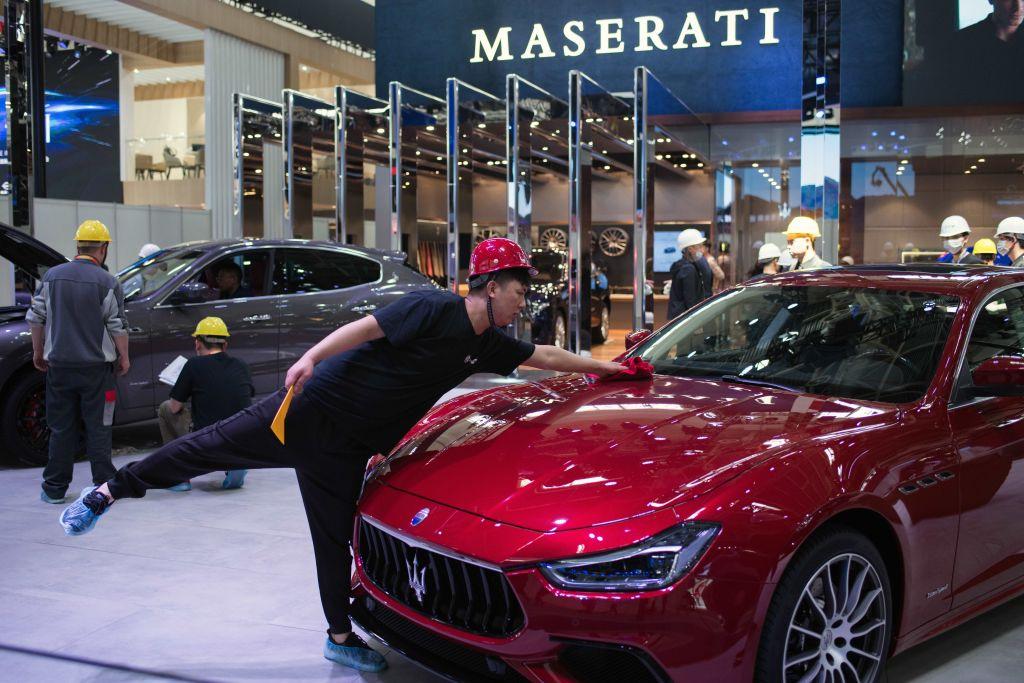TAIPEI, Taiwan—Italian luxury carmaker Maserati, bowing to pressure from Beijing, has aligned itself with the Chinese Communist Party’s claim of sovereignty over its democratic neighbor Taiwan.
Maserati announced that recent Chinese media reports about its sponsorship of the Golden Horse Awards held in Taiwan originated from a decision made by a local dealer in Taiwan, and that it doesn’t reflect the official position of the company, in an Oct. 23 statement published on the Chinese Twitter-like platform Weibo.
The Golden Horse Awards, founded by the Taiwanese government in 1962, is considered the most prestigious awards show for Chinese-language films, earning it the nickname of the “Chinese Oscars.”
Beijing claims Taiwan as part of its territory, despite it being a de facto independent country with its own military and democratically elected officials. In recent years, it’s sought to diminish Taiwan’s sovereignty by pressuring governments and companies to accept the “One China” policy,” which stipulates that mainland China and Taiwan are inalienable parts of a single “China.”Over the years, actors, directors, and films from across the Chinese diaspora have participated in the show. However, in August, China’s Film Administration banned all mainland movies and actors from participating in this year’s awards show. A Chinese official said it was because Beijing disapproves of Taiwan’s ruling party, the Democratic Progressive Party (DPP).
Maserati said it has demanded that the local dealer end all forms of cooperation with the Golden Horse Awards. The Italian carmaker says it respects the Chinese regime’s territorial integrity, history, and culture, and “firmly upholds the one-China principle.”
It added that it will tighten its management and “resolutely put an end to all similar problems.”
Wen Tien-hsiang, executive director of the Taipei Golden Horse Film Festival Executive Committee, confirmed to local media that Maserati ended its partnership with the show, on Oct. 24.
The show film festival runs from Nov. 7–24; the highlight event, the awards ceremony, will be held on Nov. 23.
Beijing’s ire may have to do with last year’s ceremony, when Taiwanese film director Fu Yue, whose film won best documentary, said in her acceptance speech that she hoped Taiwan would one day “be treated as a truly independent entity.” Her comments angered many nationalistic netizens in China.
On Oct. 17, French luxury brand Christian Dior also voiced its support for the “one-China principle” in an apology over an incident whereby a map of China shown by the company during a business presentation did not include Taiwan.




